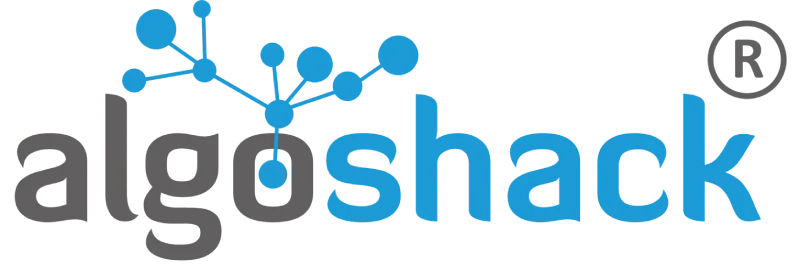
Automation Testing For
Medical Devices
Algoshack's
A global leader in healthcare technology, the company is dedicated to transforming healthcare through innovative solutions. Their state-of-the-art imaging systems, patient monitoring devices, and informatics solutions are designed to support healthcare professionals across the continuum of care, with a strong focus on innovation and patient-centered care.
FUNCTIONAL AREA
This case study primarily focuses on the Radiology functional area, where the company’s innovative solutions play a pivotal role in enhancing healthcare imaging software.
APPLICATION
The company developed applications with intelligent software, devices, and services to enhance the user experience in healthcare imaging software. These applications serve various functions, including Calling Scenarios, MFE Admin, Multi-Edit and viewing Console, NCC Scenarios, Audit, and Kibana Scenarios.
PROBLEM
In the context of web application testing, the company faced several challenges that required attention and improvement. These issues included:
- Time-Consuming User Setup and Application Tasks: The process of setting up user profiles and executing daily tasks was time-consuming and inefficient.
- Daily Execution of Sanity Test Cases: The need for daily execution of test cases created a significant resource burden.
- Regression Testing for Multiple Languages: The company’s global reach necessitated language-specific regression testing for accuracy and reliability.
- UI and Desktop NCC Scenario Testing: The complexity of testing UI and desktop scenarios was a pain point.
- Complex Maintenance of CPP Settings Environment: Managing and maintaining the CPP settings environment was challenging
GOALS
The primary goals of this case study were to address the identified challenges and improve the efficiency, accuracy, and effectiveness of web application testing for the company. The objectives included:
- Streamlining user setup and application tasks.
- Enhancing sanity testing frequency.
- Incorporating language-specific regression testing.
- Improving UI and desktop NCC scenario testing.
- Simplifying the maintenance of CPP settings.
These improvements aimed to optimize the testing process and deliver a higher-quality web application.
SCOPE
The scope of this case study encompassed various areas in testing and automation, including:
- End-to-End Regression Test Cases in Web Application Automation.
- Visual Regression Scripts (UI Automation).
- MFE Console Scripts (Web Application Automation).
- Scalability Suite Scripts (Web Application Automation).
- Functional Suite Scripts (Web Application Automation).
- NCC Test Suite Scripts for Web and Desktop Automation.
THE SOLUTION
To tackle the identified challenges and meet the outlined goals, the company engaged in a comprehensive solution, implemented in early 2020:
- API+UI Automation leveraging advanced testing tools.
- 130+ Test Cases Automation: Successfully automated over 130 test cases, integrated with Jenkins and Allure Report Analysis.
- Automation NCC Suite and API Automation for CPP Setting Environment: Streamlined testing of NCC scenarios and CPP settings.
- Visual Regression using Percy tool: Implemented visual regression testing to ensure UI consistency.
- Supported UI Rendering Scripts in Performance Testing: Ensured UI rendering efficiency.
- Integrated Testing Tools: Enhanced Continuous Integration (CI) suites, achieving a 0% flakiness rate in CI.
TECHNOLOGIES USED
The core technologies leveraged in this transformation included Java-Selenium and JavaResassured, enabling efficient and effective testing.
BENEFITS ACHIEVED
The implementation of these goals resulted in remarkable benefits for the company:
- Reduction in Cycle Times: Achieved a 70% reduction in testing cycle times.
- Improved Productivity: Realized an 80% increase in productivity.
- Automation Coverage: Achieved an impressive 85% automation coverage.
- Reduction in Manual Effort: Reduced the manual effort required to develop automation scripts by 65%.
- Cost Savings: Achieved a cost-saving of 80%.
In conclusion, this case study demonstrates how the company successfully addressed and overcame web application testing challenges, resulting in significant improvements in efficiency, accuracy, and cost-effectiveness. Their commitment to innovation and healthcare solutions is reflected in their dedication to providing cutting-edge solutions for professionals worldwide.
More Success Stories
We are here to show you how algoQA works
Get in touch with us for a free demo and talk to us on how we can seamlessly integrate test automation for your application.
What are you waiting for? Click the Demo button now!!

